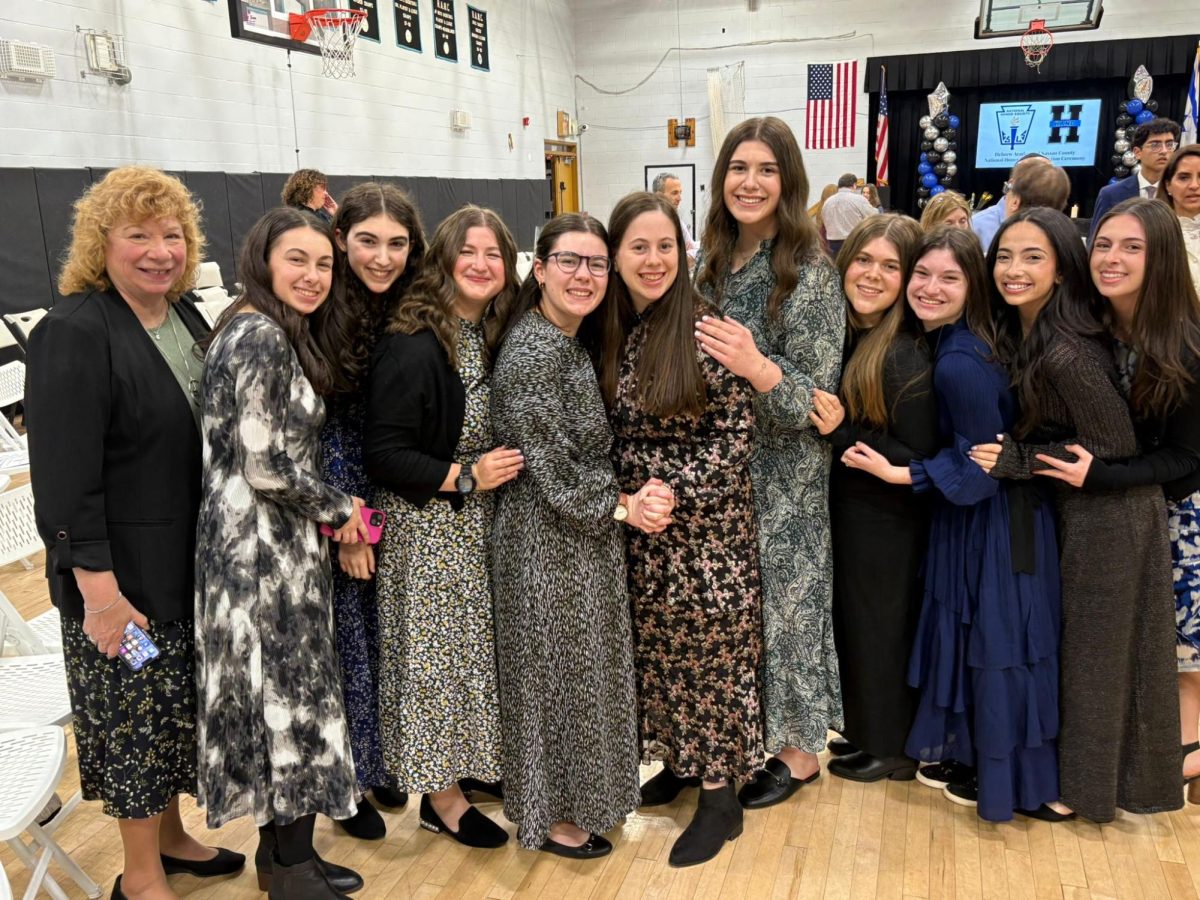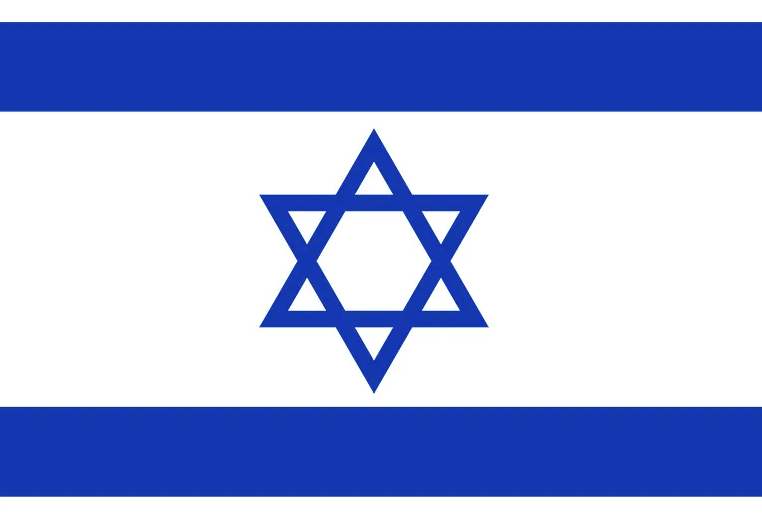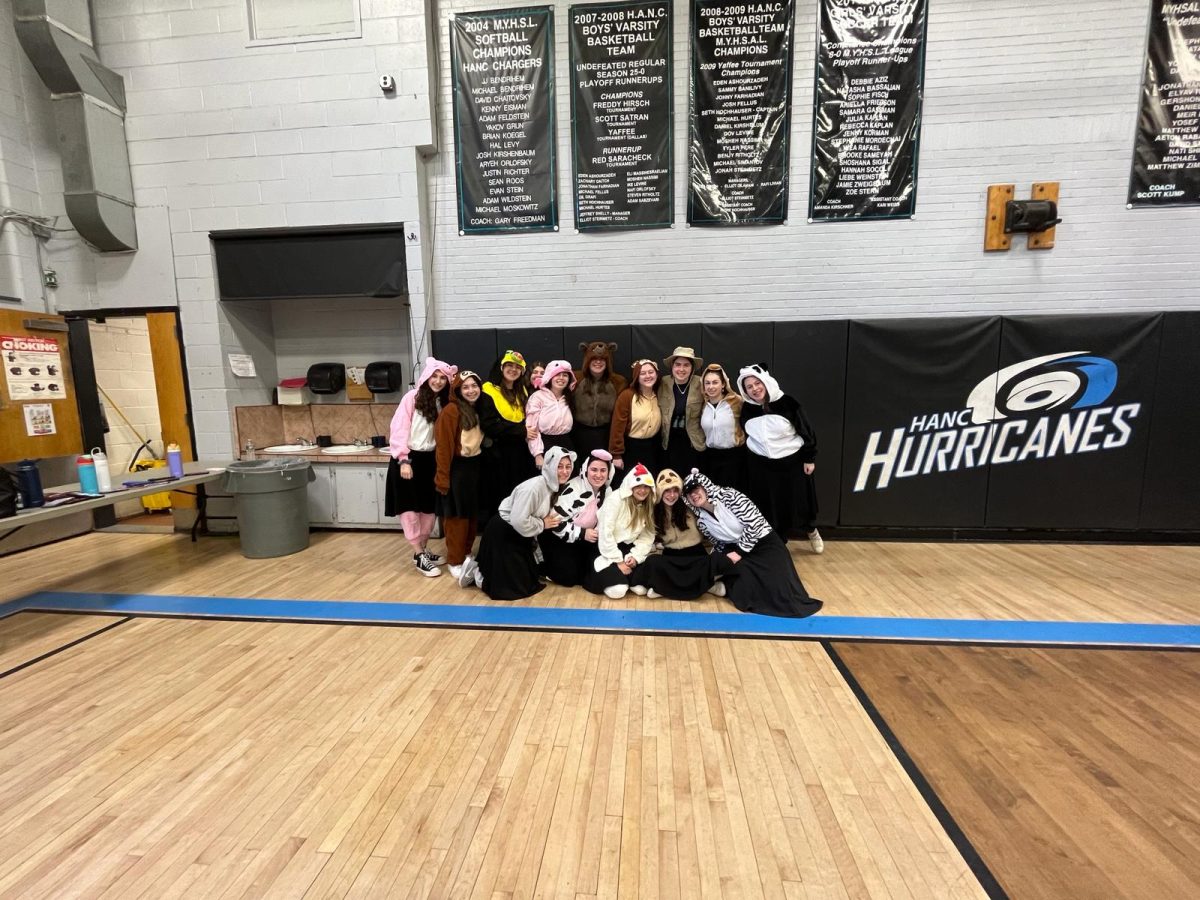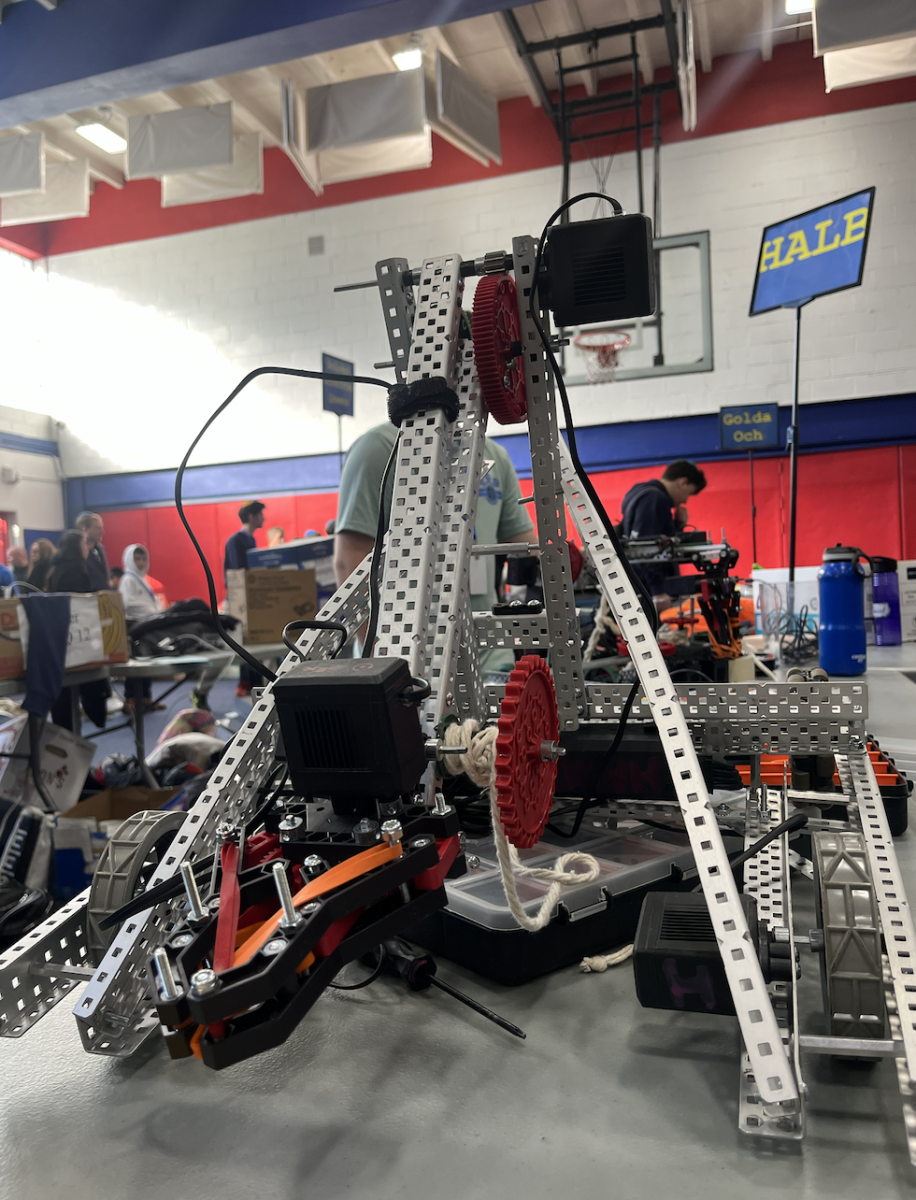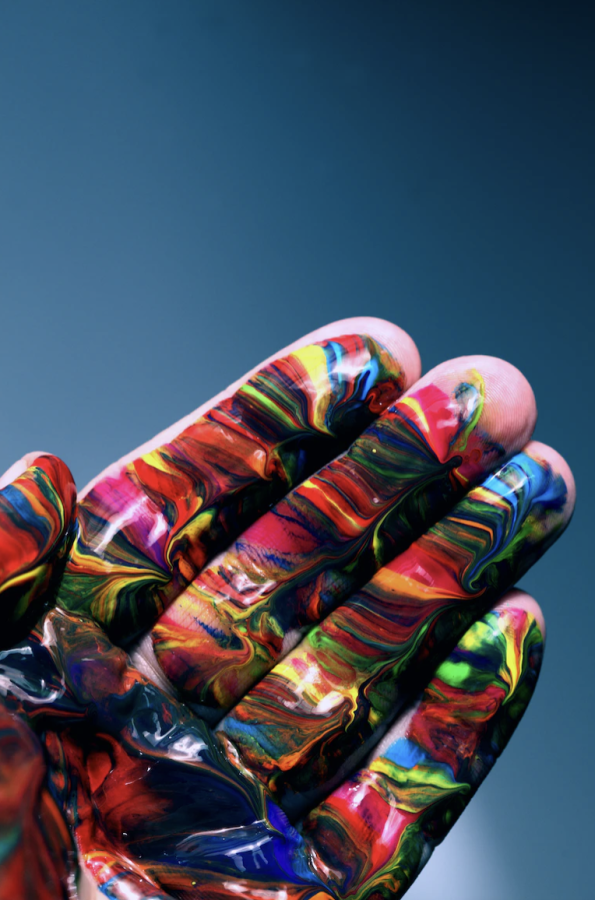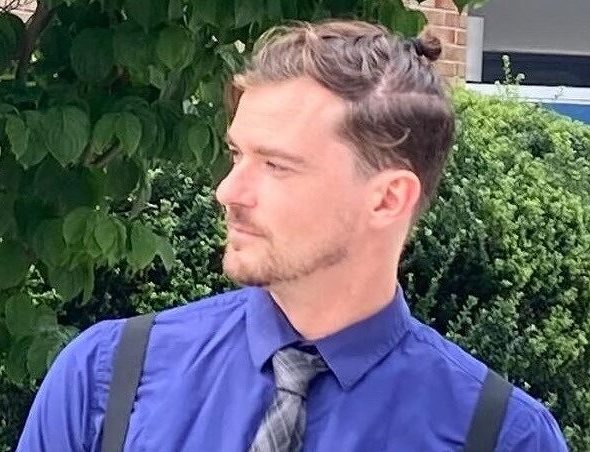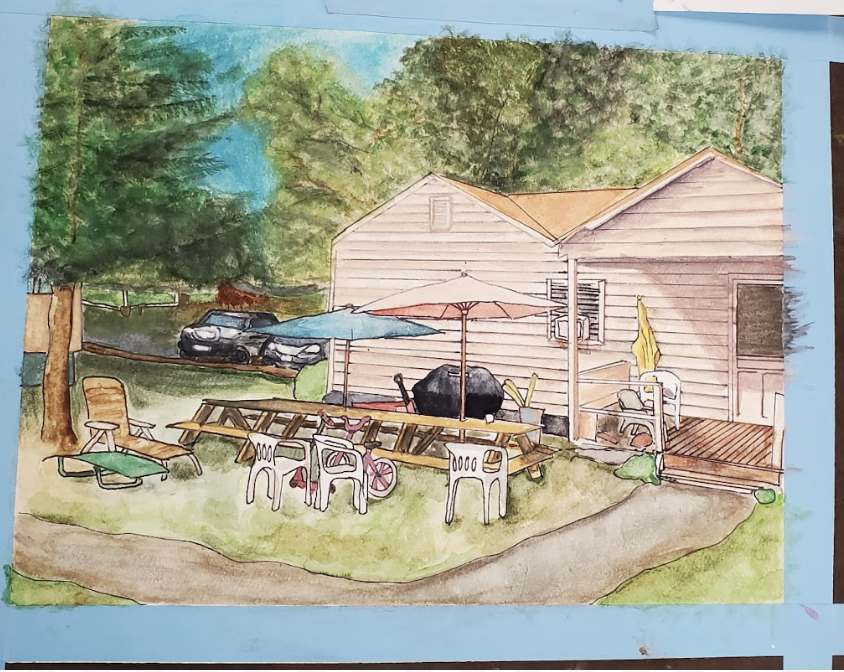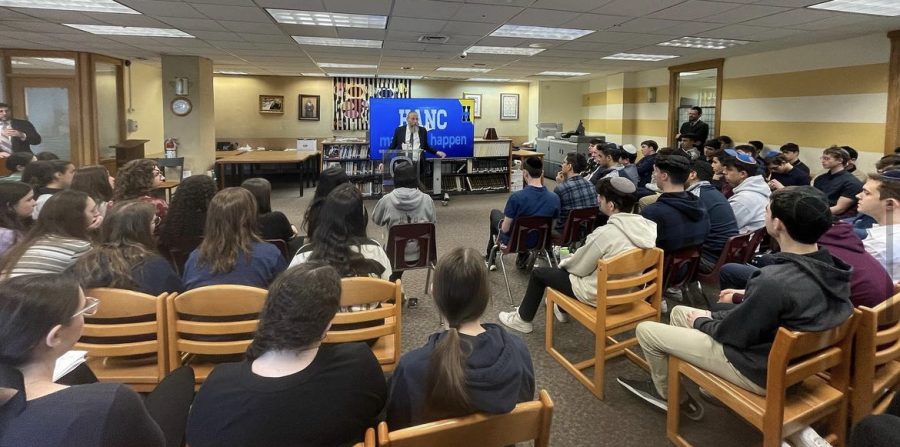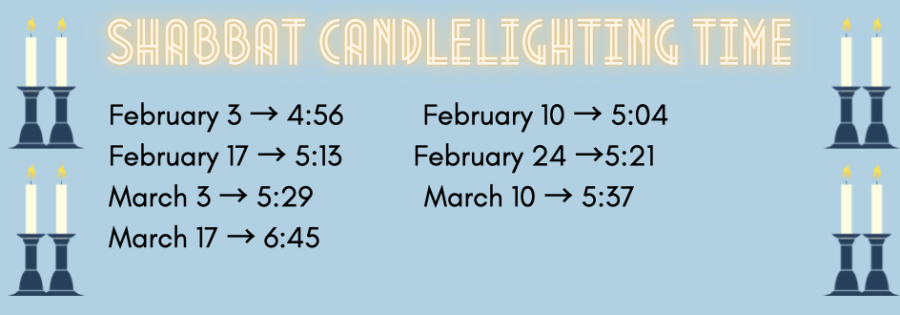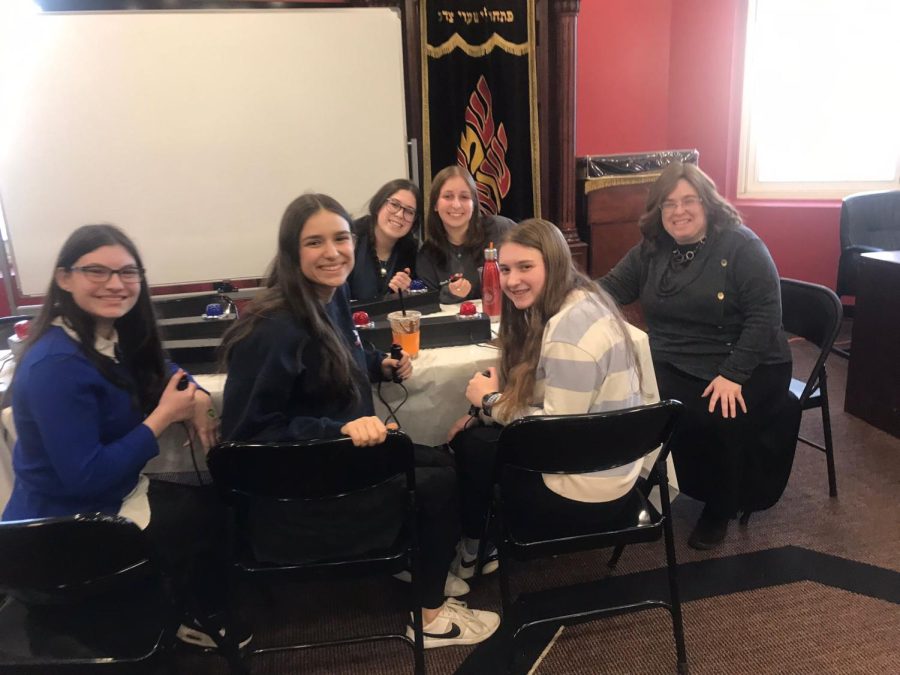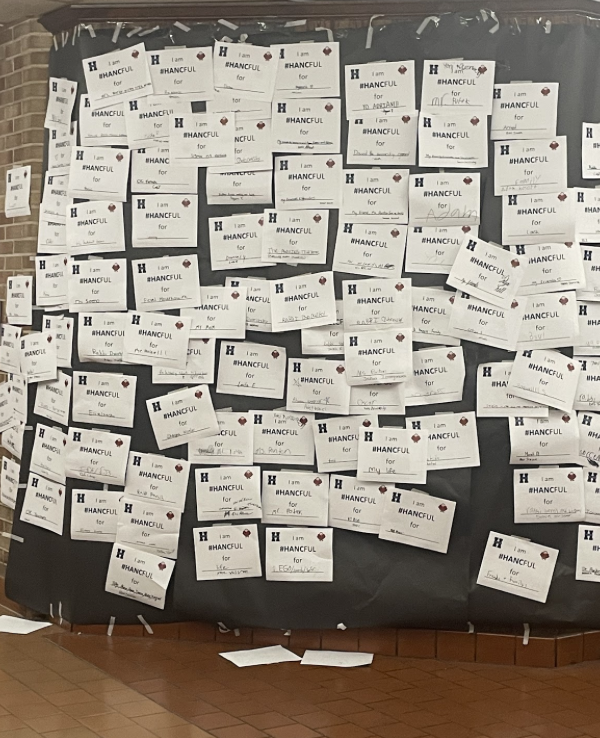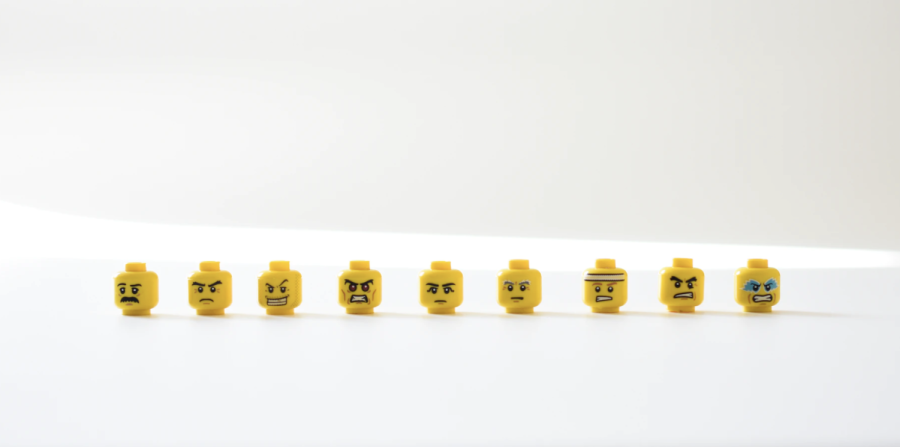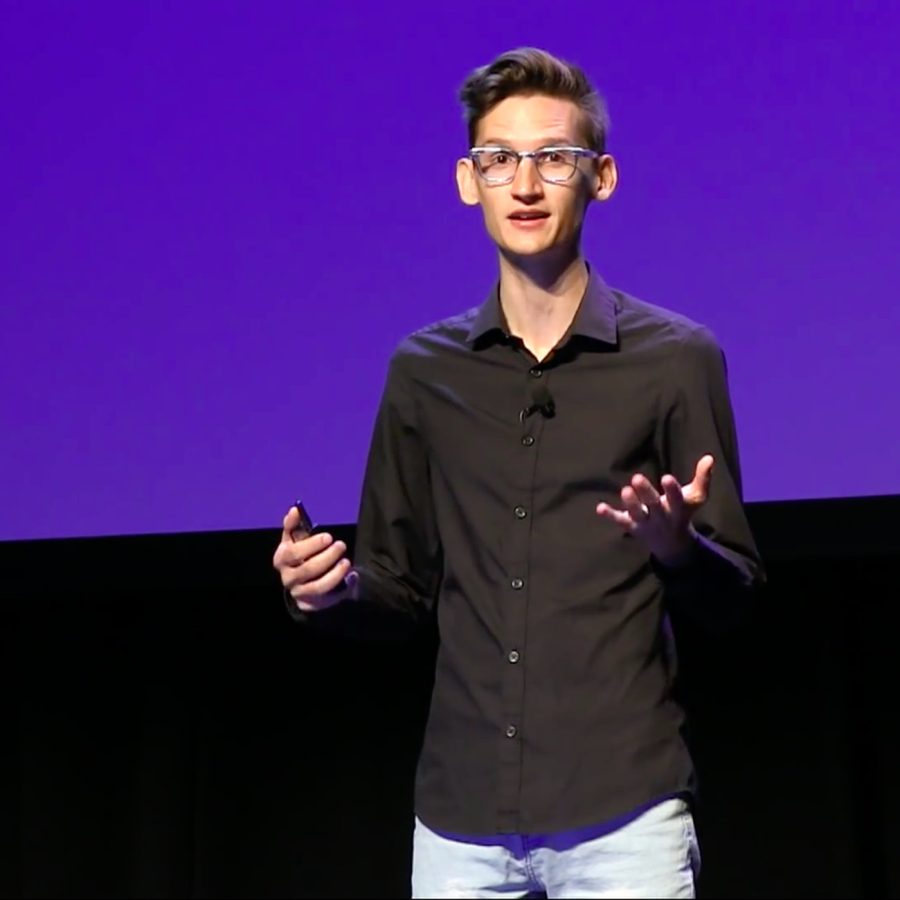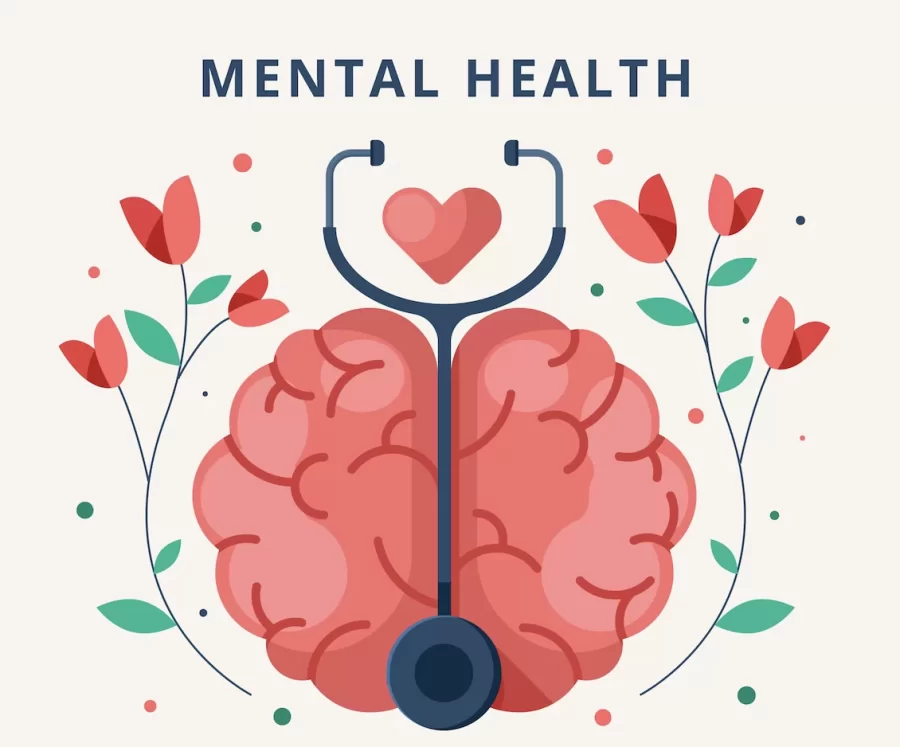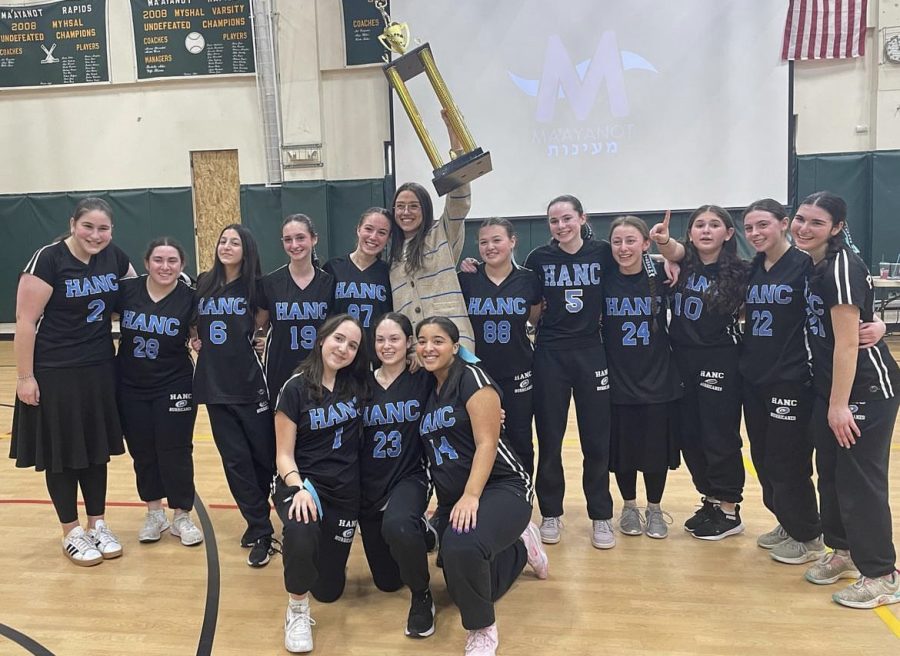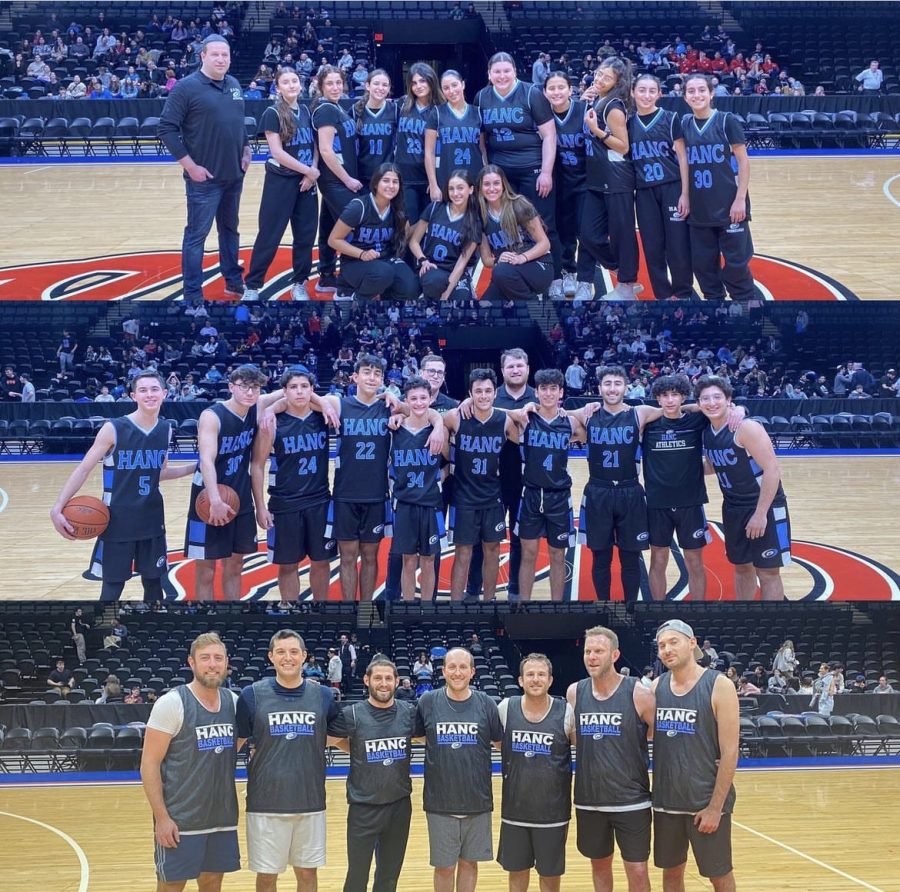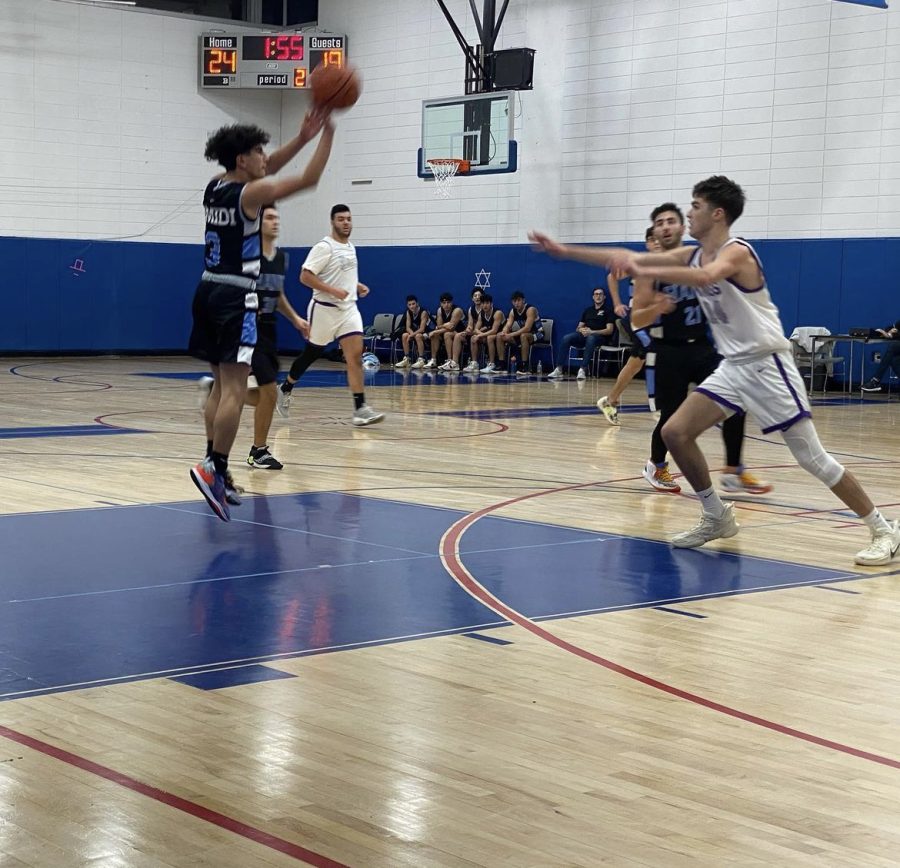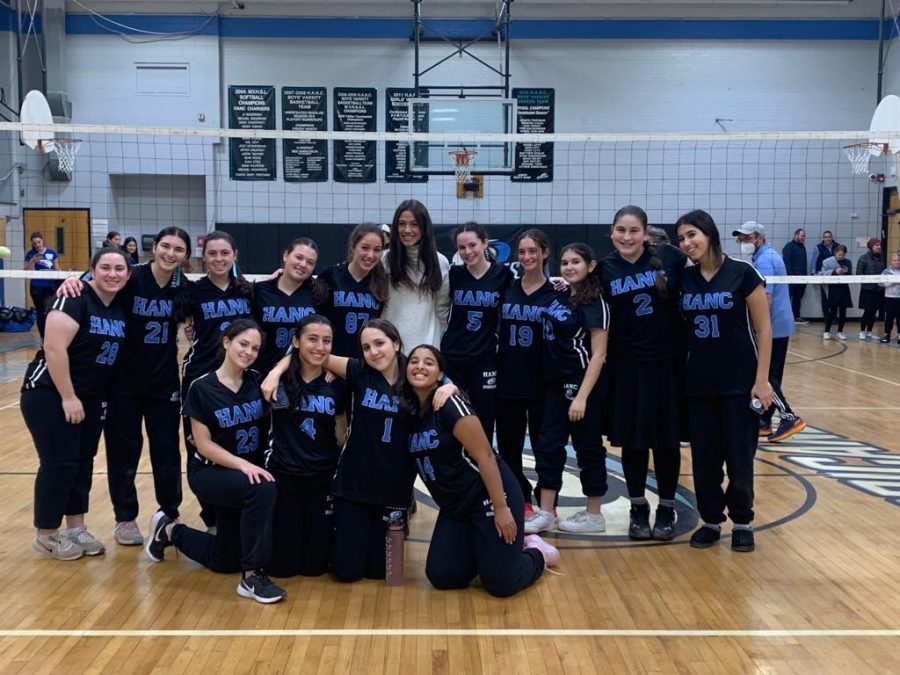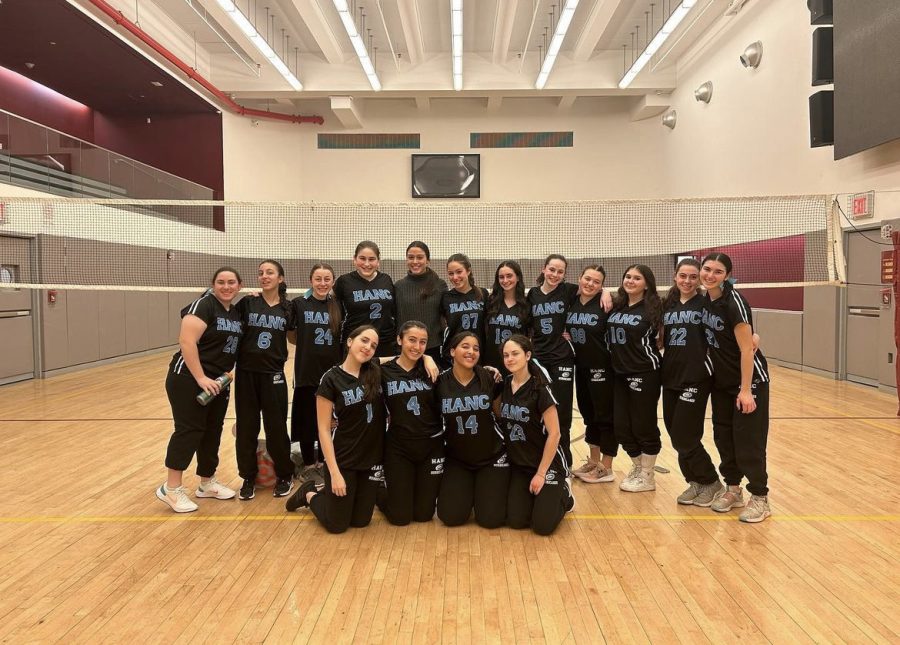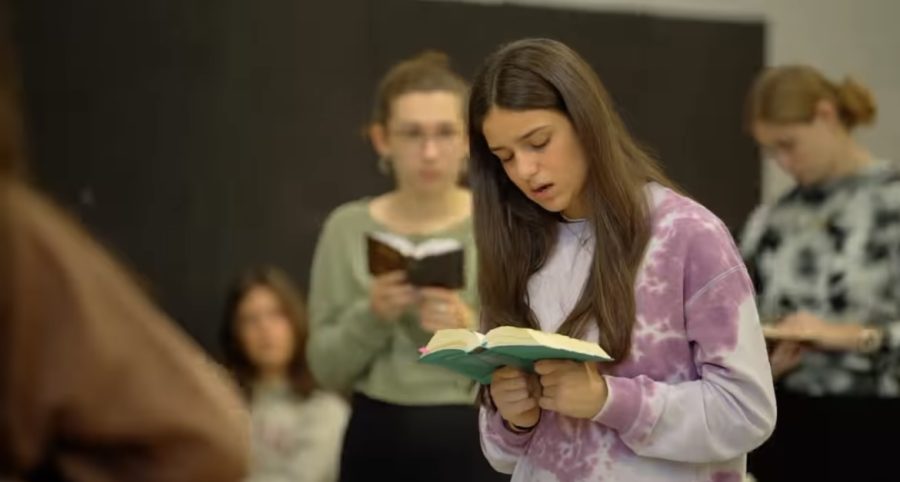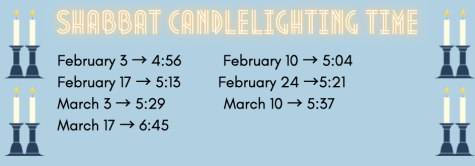Daily Davening: An Opportunity To Connect To Hashem
Here at HANC, davening is a value. From our emphasis on joining the minyan every morning to classes like Tefillah taught by our beloved Morot, HANC shows how central davening should be to our individual identities as Jews.
In the modern world, we can’t simply connect to Hashem from Korbanos, as we no longer have them, and so instead Tefillah was created as a way to link us to G-d. One can’t help but ask why this is so important, and how one can make tefillah an important spiritual journey that leads us to be better Jews and people. The Gemera explains “Rav Huna said: ‘Anyone who prays behind the sanctuary is called an evil person’” (Berachos 6b). This doesn’t seem to answer our question, and as well changes tefillah from our connection to G-d, to a place to sin. However, when one looks at the deeper meaning behind these words one can see this is not the case.
At face value, these words seem to concern a Shul or congregation, and one who is praying to G-d outside of one. Rather, these words do not discuss a physical setting of davening, but one’s mindset in davening. The Shul or sanctuary in this case represents a sense of community. When one is davening one is required to connect to the spirit of what one is saying and to have conviction in what one means. Rav Kook explains that this Gemara is teaching us a key point: for our tefillos to matter, for them to serve a point and make a difference, when we daven we must be connected to something larger than ourselves and must feel a true connection to Hashem and our nation to give our words extra meaning. Rav Kook expands on his words, adding that davening is meant to be a vehicle for two things: first, as a way to make requests of Hashem, but secondly, perhaps more importantly, to lead us to self reflection and ultimately, growth.
From this, we see why tefillah is so important. It is about more than speaking to Hashem—it is about connecting to Him, and to the better selves we can be. Teffilah connects us to who we are, and each and every one of us deserves the chance to explore that. Everyone connects to tefillah in different ways, on different levels, and in different times. We should all be given the opportunity to find out where tefillah best fits in our lives, because at the end of the day davening is so much more than reading off memorized brachot. It is finding a way to make G-d and spiritual growth central to our daily lives.
Your donation will support the student journalists of Hebrew Academy Of Nassau County High School. Your contribution will allow us to purchase equipment and cover our annual website hosting costs.

